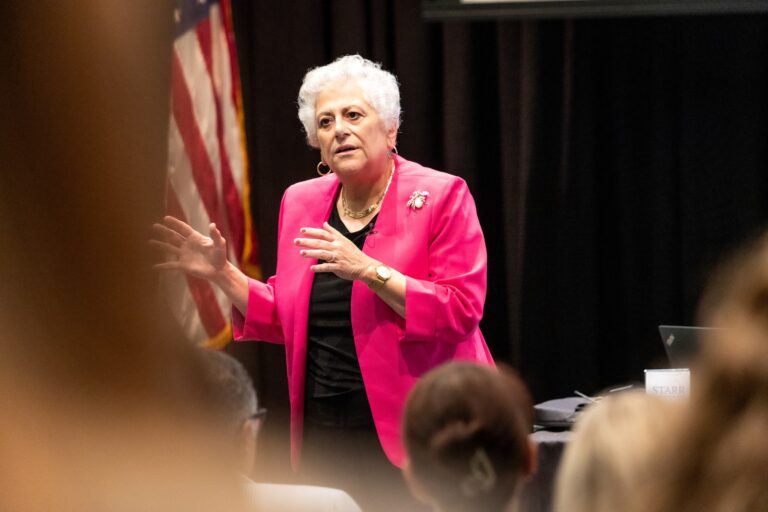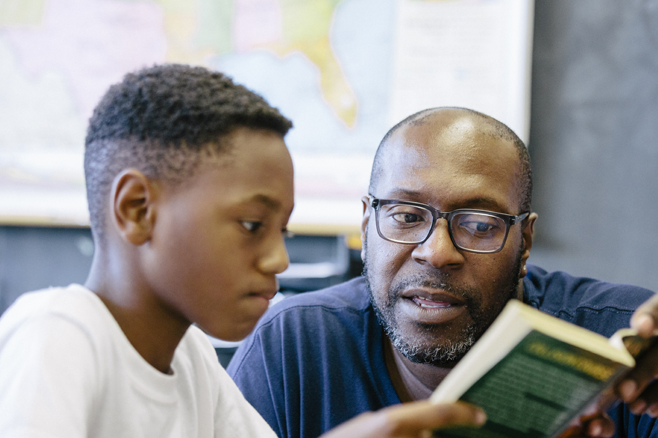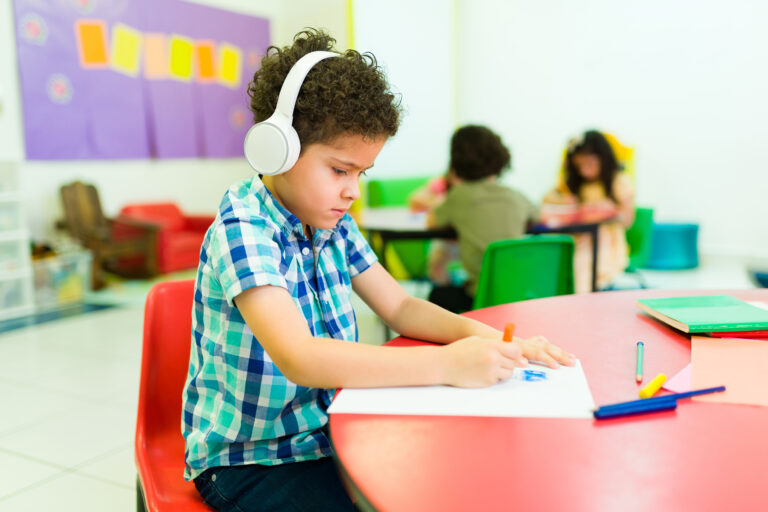Nurturing Resilience Through Play in Early Childhood
“Children need the freedom and time to play. Play is
Kay Redfield Jamison
not a luxury. Play is a necessity.”
Imagine a garden where every child is a budding flower, each needing care and attention to blossom fully. Throughout the early childhood journey, we often find ourselves navigating the delicate task of fostering resilience in our young learners. Resilience, that crucial capacity to bounce back from adversity, is a cornerstone for a fulfilling life with universal hope, boundless love, and limitless success. The magic ingredient to fostering this resilience? Play.
The Power of Play: More Than Just Fun
Play is often dismissed as a frivolous activity, merely a break from the “real” learning. However, research paints a different picture. By shifting our mindset, we can recognize that play is a fundamental way for children to explore themselves and the world around them. Deprived of play, children risk losing their imagination and autonomy. Through play, the seeds of critical social, emotional, and cognitive skills are planted, ready to be nurtured throughout their lives.
The Trauma-Informed Lens
A trauma-informed approach recognizes that many children come to us with invisible backpacks filled with stress, anxiety, and adverse experiences impacting their growth and development. One of the most powerful protective factors for fostering resilience and promoting healing is the presence of at least one caring adult who loves them irrationally and unconditionally. Wow, that’s powerful! By creating safe, nurturing, and playful environments, we can help children unpack these burdens, fostering a sense of security and belonging. This foundation, supported by a trusted, loving relationship, is vital for resilience.
Building Authentic Relationships
At the heart of resilience lies the power of authentic relationships. As we all do, even the youngest children need to feel seen, heard, and valued. This sense of belonging and connection is the foundation of resilience. Here are some practical strategies to foster these relationships with our little ones:
- Be Present and Attentive: Show genuine interest in each child’s thoughts, feelings, and experiences. Active listening and eye contact go a long way in making a child feel valued.
- Create Consistent Routines: Predictability provides a sense of security. Consistent routines help children feel safe and understand what to expect, reducing anxiety and increasing confidence.
- Celebrate Individual Strengths: Each child is unique. Celebrate their strengths and achievements, no matter how small. This builds self-esteem and a positive self-concept.
Empowering Autonomy Through Play
Empowering children to make choices and take control of their play fosters independence and self-confidence. Here’s how to start:
- Offer Choices Whenever Possible: Provide a variety of play activities and let children choose what interests them. This autonomy in decision-making boosts their confidence and sense of control.
- Encourage Problem-Solving: Allow children to encounter challenges during play and observe them finding solutions, simply offering support through guided facilitation rather than intervening. This builds critical thinking and resilience.
- Promote Risk-Taking in a Safe Environment: Encourage children to take calculated risks in play. This could be trying a new activity or exploring new roles in pretend play. Ensuring a safe environment allows them to experiment and learn from failures without fear.
Creating environments where every child feels included, capable, and joyful is crucial for fostering resilience because these environments help children develop a strong sense of self-worth and belonging. When children feel accepted and valued, they are more likely to take risks, persevere through challenges, and recover from setbacks. Here are a few ideas to incorporate into your child’s experiences to nurture resilience through play:
- Sensory Exploration Stations: Create sensory bins or exploration stations with materials like rice, beans, fabric scraps, or natural objects (smooth stones, pinecones). Allow children to explore textures, colors, and shapes freely. This encourages sensory development and fosters a sense of curiosity and discovery.
- Practical Life Activities: Introduce simple, age-appropriate tasks such as pouring water from a small pitcher into a cup, transferring objects between containers, or sorting shapes or colors. These activities promote fine motor skills, concentration, and independence.
- Nature Walks and Outdoor Exploration: Take children on nature walks where they can explore natural surroundings, touch leaves, feel different textures, and observe insects or birds. Spending time outdoors supports sensory development, physical activity, and a connection to the natural world.
- Music and Movement Activities: Engage children in music and movement activities such as singing songs with hand movements, dancing to music, or playing simple instruments like shakers or bells. Music and movement support language development, coordination, and emotional expression.
- Quiet Reading and Storytelling:
Create a cozy reading corner with age-appropriate books and soft cushions or rugs. Read aloud to children, using expressive voices and gestures. Storytelling helps develop language skills, imagination, and a sense of comfort and security.
These sensory-based activities are designed to be child-led, promoting independence, exploration, and learning through hands-on experiences while having fun! Incorporating trauma-informed practices involves creating a safe and supportive environment where children feel secure and valued, allowing them to explore and learn at their own pace.
Embracing the Journey
As early childhood professionals, we teach, guide, support, and inspire. Embrace the journey with a playful heart, and watch your young learners grow into resilient, confident, and joyful individuals. Remember, the seeds of resilience are planted in the rich soil of play, nurtured by genuine connections, and cultivated through empowering experiences.
In the words of Fred Rogers, “Play is often talked about as if it were a relief from serious learning. But for children, play is serious learning. Play is the work of childhood.” Let’s embrace this philosophy and create a world where every child has the opportunity to thrive. Happy playing!
Ready to make a significant impact on young lives? Equip yourself with the essential skills to support and heal early childhood trauma. Enroll in Starr Commonwealth’s Trauma-Informed Certification for Early Childhood today and be the catalyst for change in your community. Learn more at https://store.starr.org/trauma-certification-early-childhood/.







